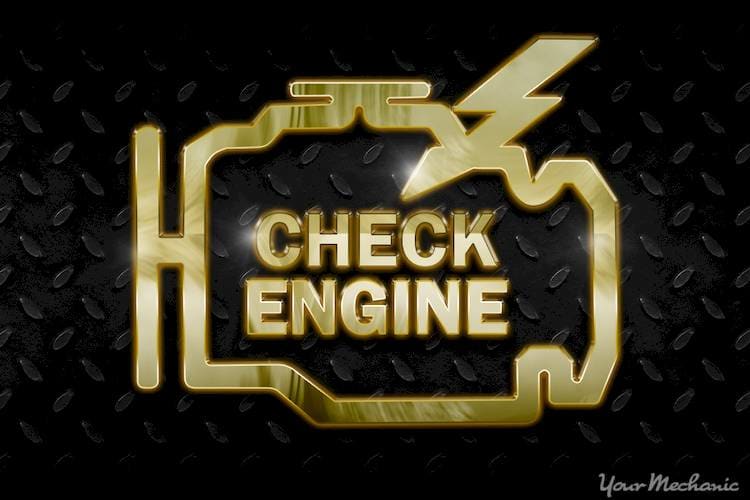P0329 code definition?
Knock Sensor 1 Circuit Input Intermittent (Bank 1 or Single Sensor)
What the P0329 code means
A knock sensor is used to optimize engine performance. It also helps protect the engine against potentially dangerous and power robbing engine knock. Trouble code P0329 indicates that the knock sensor detects an abnormal amount of pinging or vibration coming from the engine. The knock sensor will produce a voltage when there is excess knock, spark knock, vibration or engine pinging present. The knock sensor was implemented to help alert the driver of any potential internal engine issues as well as to help monitor the air-fuel ratio (AFR). The voltage signal sent by the knock sensor will tell the Engine Control Module (ECM) if a “knock” is present. If a such knock is present, the ECM will then adjust the air-fuel ratio by the advancement or retard of the timing.
The knock sensor is a type of alarm for the engine. Just as the anti-theft alarm will engage if the vehicle body experiences too much vibration, a knock sensor also becomes engaged through a similar fashion.
Knock sensors were designed to act as a sort of a stress signal for the engine. The internals of the knock sensor are piezoelectric, meaning that it consists of crystals that will generate electricity if it undergoes mechanical stress; the knock sensor is a type of transducer which converts mechanical energy into electricity.
Under normal conditions, a knock sensor will only produce less than one volt, though if a knock sensor experiences too much vibration, it will produce anywhere from 1.0 - 5.0 volts. When the knock sensor’s voltage output is beyond the range that the Engine Control Module expects as “normal”, a code P0329 may set.
What causes the P0329 code?
- Internal engine mechanical faults such as damaged valves or worn crank bearings
- Faulty knock sensor
- Frayed, damaged or contaminated knock sensor wiring
- Loose knock sensor
- Knock sensor short to voltage or ground
- Faulty Engine Control Module
- Improper or contaminated fuel
- Low fuel pressure
- Corroded connections
What are the symptoms of the P0329 code?
- Lack of power
- Hesitation when accelerating
- Knocking or pinging sound
- Check Engine Light illumination
How does a mechanic diagnose the P0329 code?
Uses a digital multimeter to measure the voltage output of the knock sensor
Lightly taps on the knock sensor and engine to verify that the voltage increases - this can be done LIGHTLY with hammer (works on most knock sensors)
Uses a digital multimeter to test the resistance of a knock sensor. The resistance should equate to the specifications of the manufacturer. The specifications vary per vehicle. You may find the specifications for your vehicle through a site such as ProDemand, or ask a mechanic
Uses a scan tool to check the freeze frame data
Uses a scan tool to check the advance or retard of the ignition timing
Checks the fuel pressure
Inspects the quality of the fuel
Inspects the condition of the spark plugs and related ignition components
Common mistakes when diagnosing the P0329 code?
- Neglecting to check the fuel quality and fuel pressure
- Neglecting to inspect the condition of the spark plugs
- Deeming the knock sensor as bad without verifying it as so through testing
How serious is the P0329 code?
It can be fairly serious. It may be a warning for something as minute as bad gasoline, or something far more expensive such as a failing engine piston ring. Just like a fire alarm, usually the amount of damage done depends on how fast the alarm is given attention. The cause of this code may be a on the smaller side of the financial Richter scale, but it is a great idea to have it checked ASAP due to the wide range of possibilities.
What repairs can fix the P0329 code?
Oftentimes, this code will set if the improper octane of fuel is used. We suggest to verify that the gasoline is the proper octane for the vehicle when attempting to source this problem. Also ensure that the gasoline is “clear” and debris free.
Need help with a P0329 code?
YourMechanic offers certified mobile mechanics who will come to your home or office to diagnose and repair your vehicle. Get a quote and book an appointment online or speak to a service advisor at 1-800-701-6230.
Check Engine Light
trouble codes
No more waiting rooms! Our mechanics will come to you to diagnose and fix the P0329 code.





